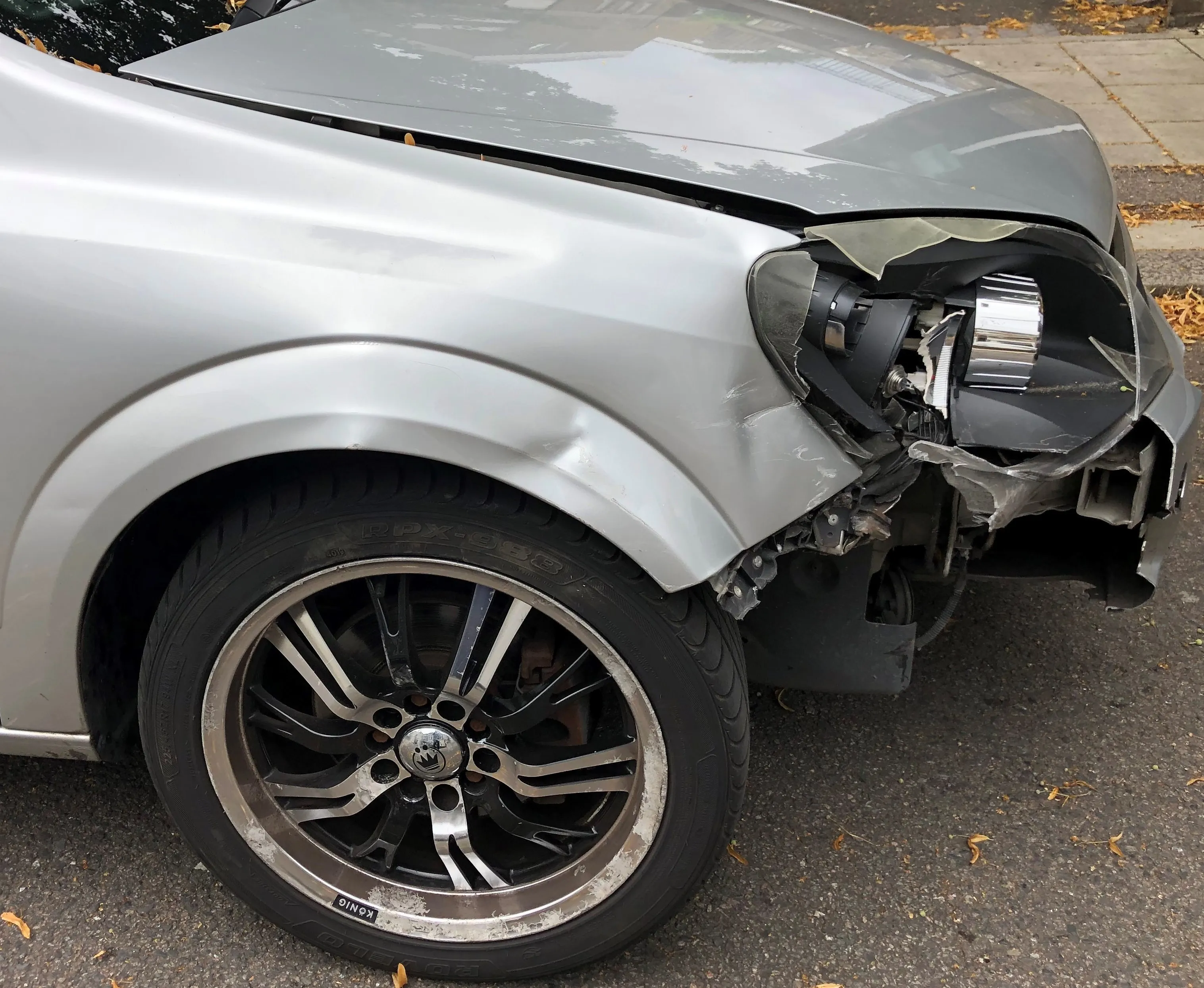The drink driving problem has increased in the UK.
By MJ Woof
February 24, 2021
Read time: 2 mins

There is concern amongst bodies dealing with road safety in the UK over data showing an increase in deaths relating to drink driving. According to preliminary government data, there were an estimated 280 deaths from drink driving in 2019, an increase of 40 from the previous year. This is the highest rate of death from drink driving in the UK for 10 years.
According to the adjusted central estimate for drink-drive casualties in 2019, 2,110 people died or suffered serious injuries in crashes in which at least one driver was over the limit for alcohol. This represents a jump of 11% compared to the figures for 2018 and is also the highest figure recorded since 2011.
The data was provided by the UK's Department for Transport (DfT).
Road safety groups such as Brake are now calling for the legal blood alcohol limit to be reduced for England and Wales from the current 80mg alcohol/100ml blood to 50mg/100ml blood used in Scotland since December 2014. The change to this lower level brought Scotland into line with permitted blood alcohol limits for the rest of Europe.
Drink driving used to be a far greater problem on UK roads as well as in all other developed nations. A combination of tough enforcement and penalties as well as public education have all helped reduce the incidence of drink driving, which is now widely considered as anti social behaviour. Road deaths from drink driving were first separated from road fatalities caused by other factors back in 1979. At that time, the annual road fatality rate from drink driving was around six times higher than at present.





